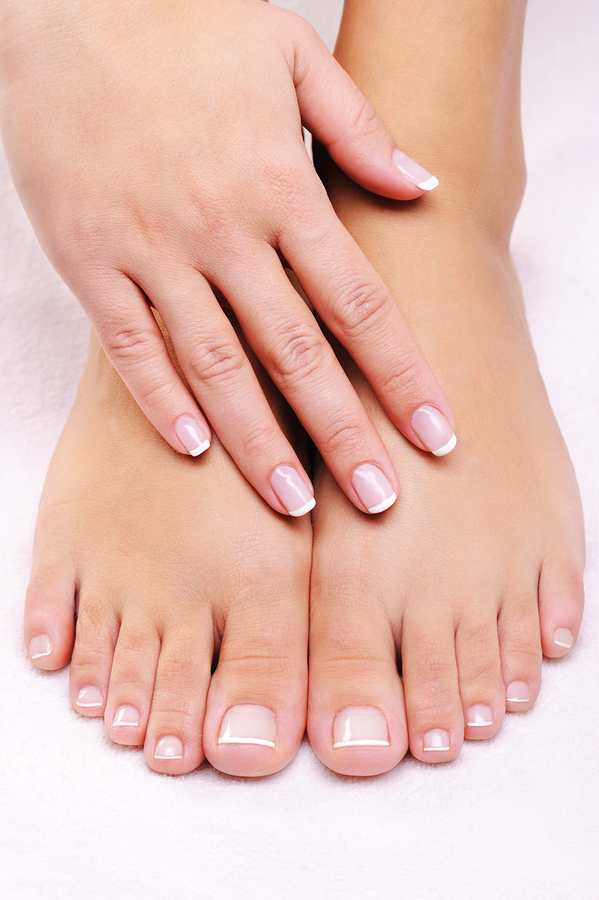How Do the Nails Change With Age?
Like hair, teeth, and skin, fingernails and toenails undergo some changes as the body ages. Made of a strong and flexible protein called keratin, the nails definitely need some additional care to stay healthy and strong in elderly people. There are some changes to the nails that happen as a natural part of aging, while there are other things that happen to them that may signal some health issues. When the nails are healthy and strong, chances are the elderly person will be the same way.

Elderly Care in Lorton VA: Nail Changes With Age
Appearance of Aging Nails
Fingernails usually grow thinner and more brittle as the body grows older. This is natural and can be minimized by using plenty of moisturizers to restore some flexibility to the nails. They can also become discolored, usually yellowed or grayish. A lifetime of bad habits, like malnutrition or smoking can also affect the texture and color of fingernails.
Toenails, on the other hand, often get thicker with age, not thinner. They can turn yellowish as well, and they are more likely to harbor a fungus that can turn the toenails blackish. It’s not unusual for toenails to change their shape or curvature, and ingrown toenails can become more of a problem in elderly people. Fingernails and toenails grow more slowly than they did when the body was younger. They may also develop vertical ridges instead of being smooth. They can be gently filed down to restore a more polished appearance.
All these nail conditions are a normal part of aging, and with the right care and attention from family caregivers and senior care assistants, elderly people can enjoy healthy nails and minimize the effects of aging.
Health Concerns in the Nails
The appearance of the fingernails and toenails can be a warning sign of health problems elsewhere in the body. Family caregivers and senior care aides that assist in helping elderly people take care of their nails should point out any changes they notice. It’s important to see a doctor or dermatologist if there are any sudden changes to shape, color or texture.
One of the health conditions that can be reflected in the nails is a vitamin deficiency, resulting in brittle nails, which is also a symptom of hypothyroidism. Kidney disease or liver disease can produce side effects in the nails by causing the fingers to swell and the nails become rounded up. When the nails have little pits in them, it could signal psoriasis. Other health issues include horizontal ridges, which can indicate poor nail development because of an illness somewhere else in the body.
It’s definitely worth paying attention to an elderly relative’s nail health because they require slightly different care than in younger adults. Since they are also a good health indicator, frequent inspections and assessments can help keep them in good health overall.
If you or a loved-one are considering elderly care in Lorton, VA, please contact the caring staff at Quality Health Services LLC. Call today 703-910-7081.
Source:
http://www.health.com/beauty/nail-health

